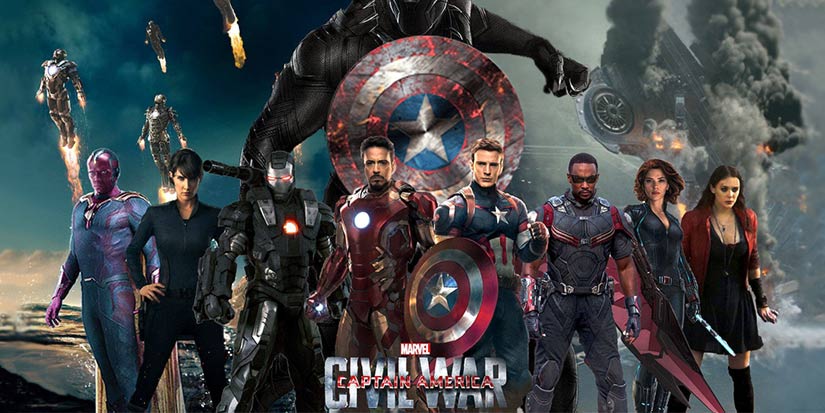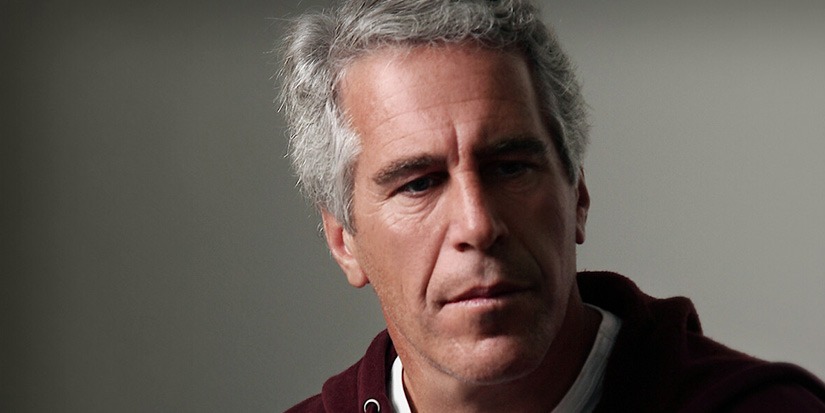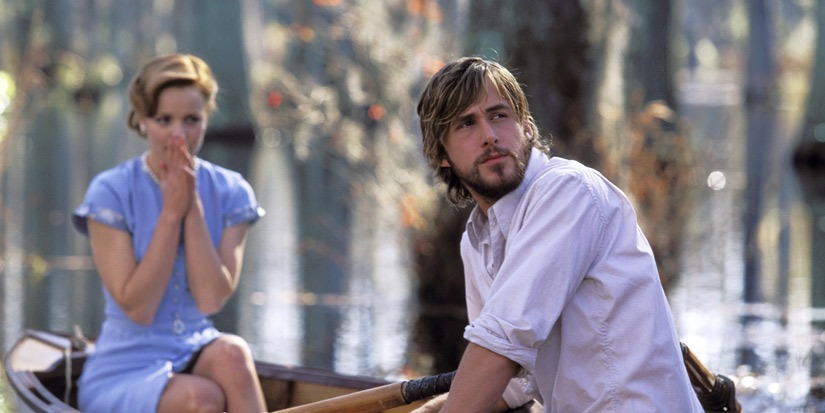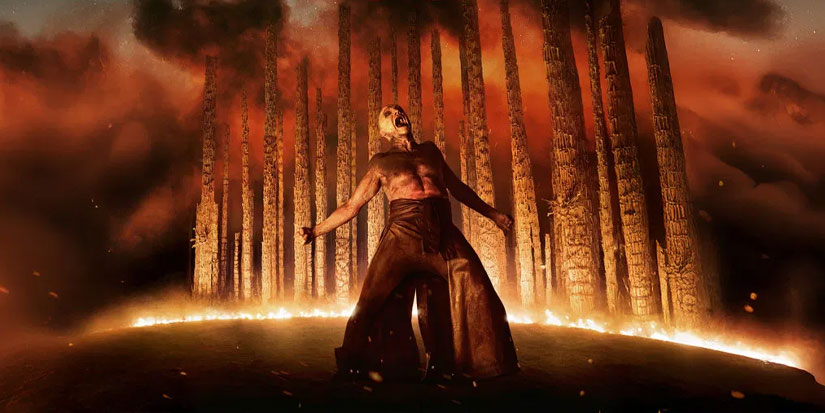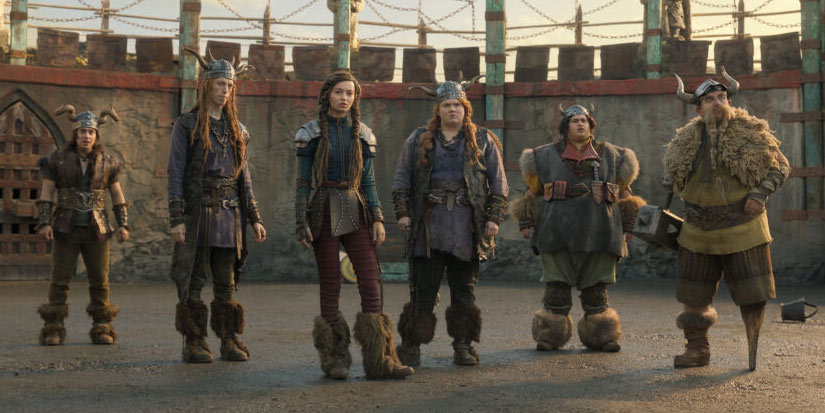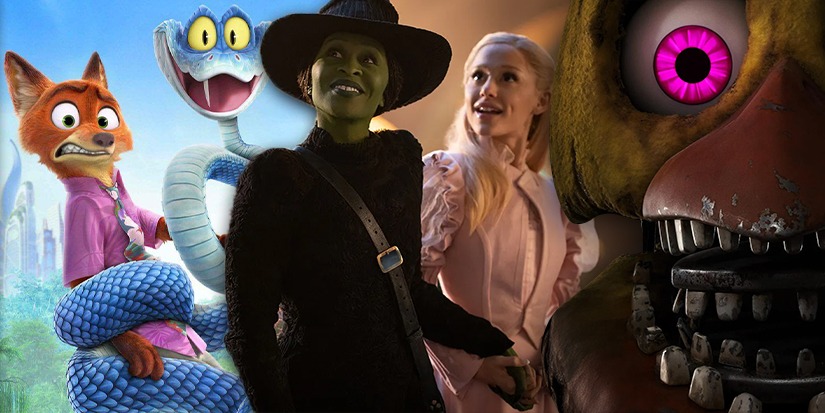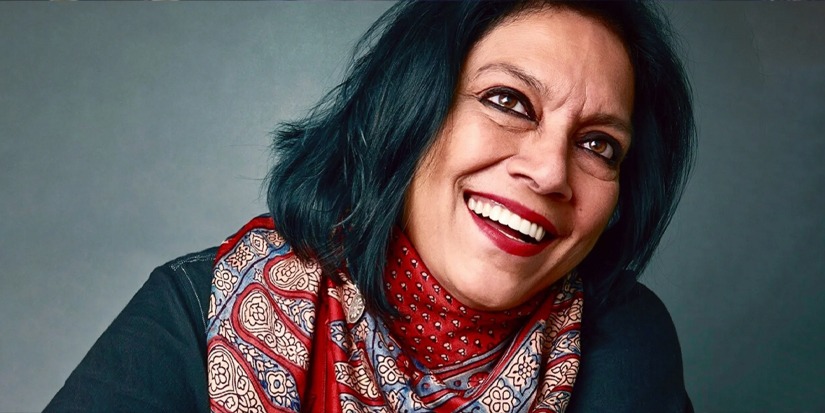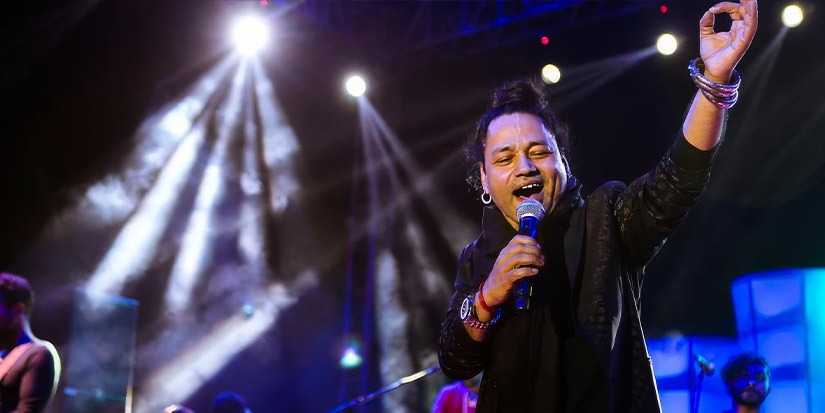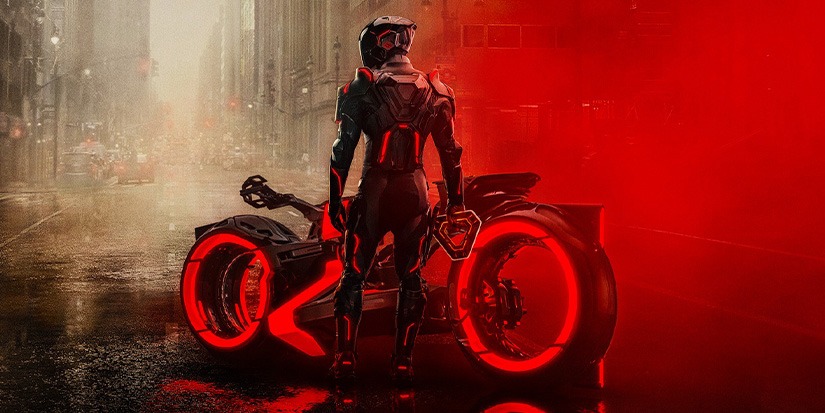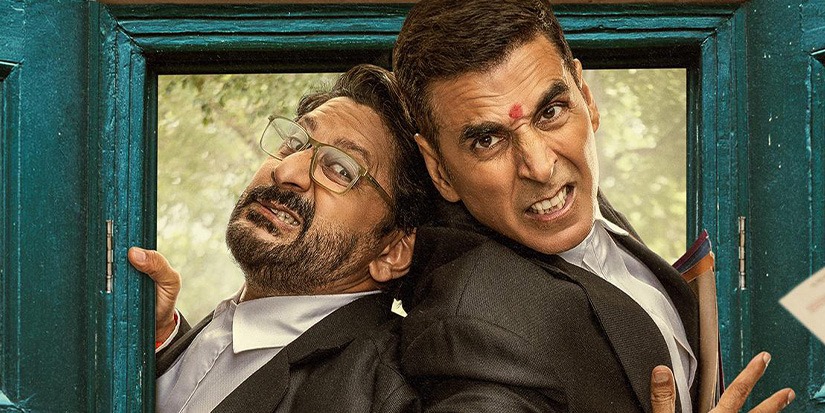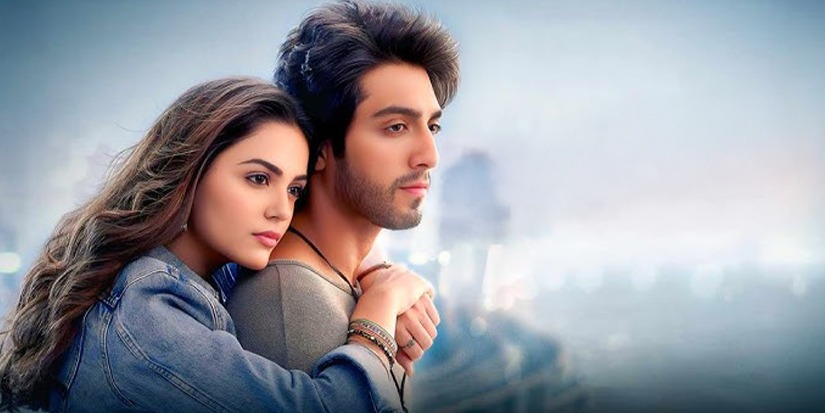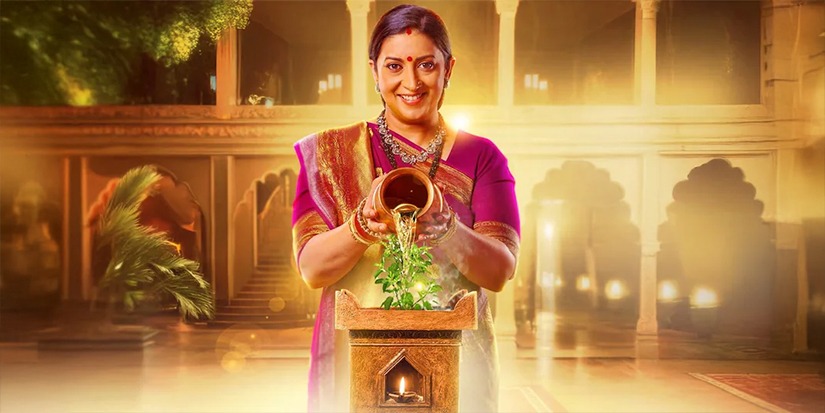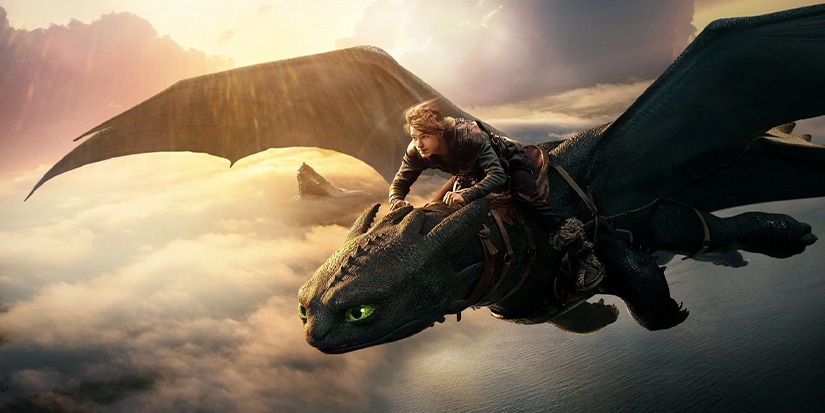At the center of Captain America: Civil War is the most spectacular action scene we’ve ever seen in a superhero movie. Twelve superheroes in one place, fighting with each other, a battle packed with excitement, humor, and personal stakes. It’s the kind of set piece even the biggest Hollywood blockbuster would kill to have, and yet it’s not why Civil War is so great.
I mean yes, it’s a huge part of the movie’s overall greatness. Seeing all these heroes battle simultaneously is everything you’ve dreamed of in a summer blockbuster, but what directors Anthony and Joe Russo, along with writers Chris Markus and Stephen McFeely, have done is make a movie that isn’t dependent on that action. It’s there and it’s great, butCaptain America: Civil War works because at its heart it’s a grounded, character-driven mystery film—a movie with things to say and interesting ways to say them. It just happens to also have 12 superheroes slugging it out like it’s no one’s business.
Picking up some time after Avengers: Age of Ultron and Ant-Man, Captain America: Civil War focuses a great deal on the Winter Soldier (Sebastian Stan), formerly Captain America’s (Chris Evans) best friend and war buddy Bucky. After encountering him in Captain America: The Winter Solder, Cap broods over his old friend; meanwhile a mistake by the Avengers results in the governments of the world wanting to put restrictions on them. This divides the team in two with Iron Man (Robert Downey Jr.) believing regulation is a good thing and Captain America believing it’s not.

Then there’s a third string, that of the film’s actual villain Baron Zemo (Daniel Bruhl). At first, Zemo feels like an odd, tangential presence in Civil War, yet the more we see of him, the more his mystery builds. While the film weaves the Bucky and regulation storylines together, it drops little bits of Zemo in, begging the question “What the hell is he up to?” Finally, when his intentions and plan are revealed, it’s as shocking a moment as there’s been in a Marvel movie to date.
If all of that sounds a bit dense and complicated for a Marvel movie, it is. There’s a ton of track to lay for all of these stories to go exist in a single movie, and for that reason, the first 30-40 minutes of Civil War drag just a tad. (It’s a problem Joss Whedon’s Avengers had too.) But if you want the audience to be invested in the story and characters, you have to let them learn about the story and characters. This naturally slows things down a bit, but it’s a necessary evil. There’s also the unfortunate fact that the whole drive of the movie, the government wanting to control the Avengers, is based on collateral damage: a smaller number of people who mistakenly die to save billions of others. Yes, it’s tragic, but what’s more tragic is how this has become the go-to conflict in superhero movies (see also Batman v Superman).
The movie rights the ship from those minor gripes pretty quickly, though. Once the Captain America/Winter Solider story comes to a head, Civil Warshoots off like a bat out of hell. Action scenes lead to interesting interactions, which lead to character introductions, which lead to hilarious asides and then back into the action, all of which never lose sight of the larger mystery. Using the huge cache of characters new and old, the Russos do a masterful job of presenting the audience with different tones and ideas. Each character gives the film their own thematic or philosophical depth. For example, the Vision (Paul Bettany) still doesn’t quite know how to function with his friends and humanity as a whole. Black Panther (played by Chadwick Boseman in his MCU debut) is stoic and intense after the tragic death of his father, representing a very specific point of view that links many of the stories. Paul Rudd’s Ant-Man comes in and slays with the same kind of fanboy appreciation the audience has. The list goes on and on.
Then, of course, there’s Spider-Man.
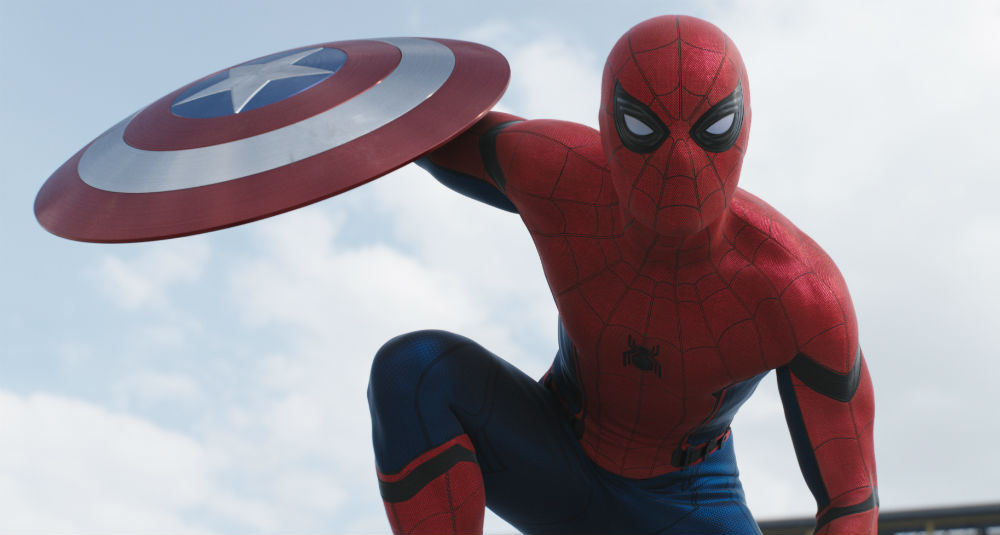
In addition to everything else in Civil War, this movie introduces Marvel’s most popular character into the MCU for the first time and he takes things to a whole other level. Tom Holland is completely charming as Peter Parker, but as quirky and fun as his introduction is, his role in the big battle is even better. Spider-Man’s non-stop jokes and observations inject an energy and irreverence into the film that it honestly doesn’t even need, but is still welcome. It just happens to be the cherry on top of this superhero sundae. He’s the best part of an already superior movie.
After the massive battle, Civil War wisely makes things much more personal with its finale, resulting in an edge of your seat showdown between Cap and Iron Man. In a larger Marvel context, the outcome of that battle will certainly have repercussions, but—and this is crucial—they also pay off really well in this movie. There’s no doubt Civil War is a bridge movie. It’s the start of Phase Three, the 13th movie in a neverending Marvel story and all that, but it also works as its own Swiss watch of filmmaking, with everything coming together in satisfying, fun ways.
Best of all, this doesn’t just mean in terms of big, superhero action, but also the central debate Team Cap vs. Team Iron Man. What’s right? That the Avengers need someone to govern them? Or should the world just trust them to work on their own? The movie purposely never answers this question definitively. Captain America’s ideals make sense at times, as do Iron Man’s. It’s a movie you’ll need to unpack, think about, piece together, and see again to fully experience some of the narrative and thematic clues laid out earlier.
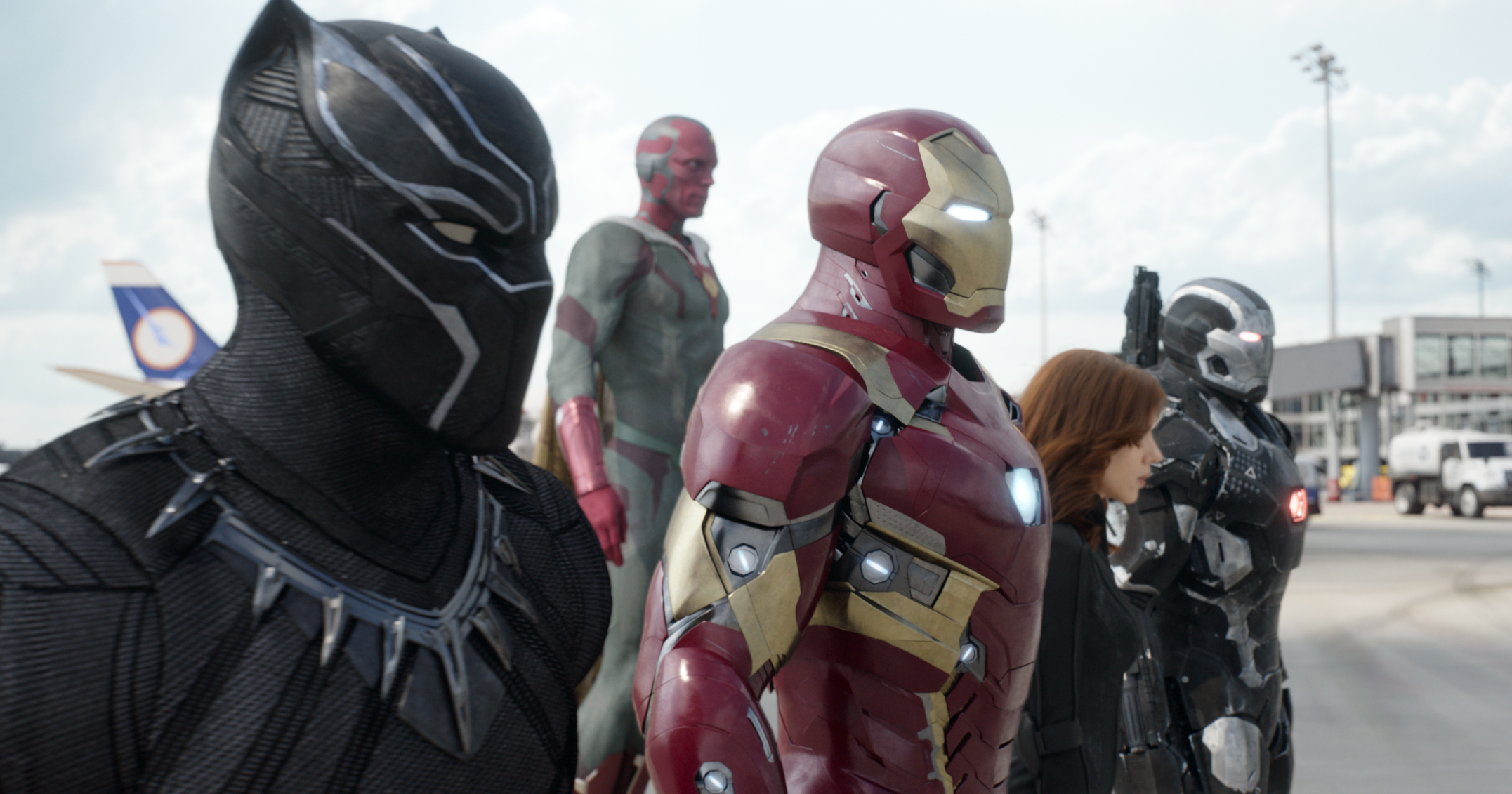
Inevitably, Captain America: Civil War will be compared to the 12 other Marvel movies. While I still think Guardians of the Galaxy is the best in terms of overall quality, and The Avengers will always be special simply for getting these heroes together for the first time, Civil War is absolutely among Marvel’s best films—an epic, deeply satisfying action flick, but it’s also one that never needs you (or wants you) to turn your brain off.



